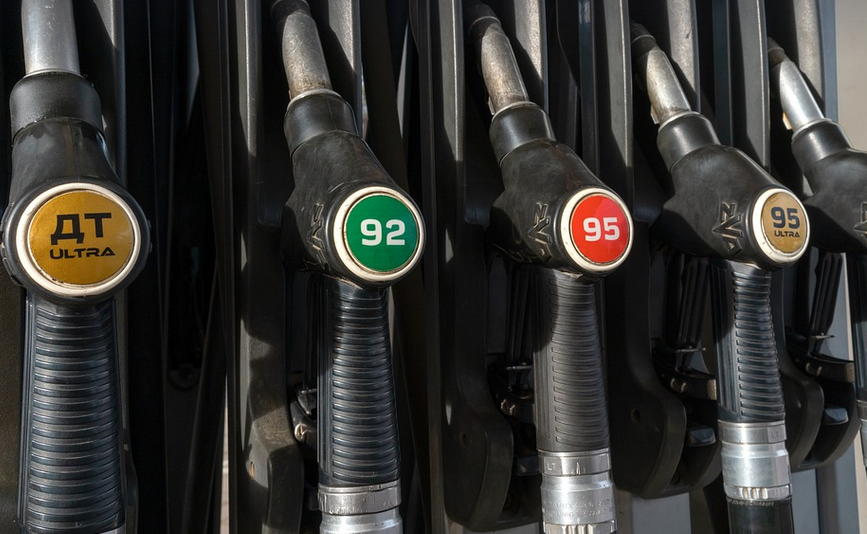The Importance of Stability
Hitches are the unsung heroes of adventure, allowing your travel trailer to tow behind your car and embark on thrilling journeys. But have you ever thought about what keeps them stable and secure while navigating those winding roads and bumpy trails? Enter the humble but crucial travel trailer hitch stabilizer.
Think of it as a safety net for your rig. These sturdy devices, often hidden away in the back of your car’s storage space, help keep your trailer level and balanced, preventing unwanted swaying and bouncing. Imagine hitting those exciting curves on the highway or encountering a sudden pothole; without a stabilizer, your trailer could become a wobbly mess.
But why is stability so important? Well, it goes beyond just an aesthetic appeal. A stable trailer translates to:
- Reduced sway and rocking: Imagine driving down the highway with your trailer swaying in the wind or bouncing erratically on uneven roads. It’s not fun for you, nor for your fellow travellers.
- Improved handling and control: A stable trailer makes for a smoother ride overall. You gain better control of your vehicle, increasing safety and comfort during travel.
- Reduced stress and fatigue for the driver: With less worry about unexpected movements in your rig, you can truly relax and enjoy your travels. Less swaying means less need to constantly steer and react, ultimately leading to a smoother driving experience.
And let’s not forget about safety! A stable trailer is like an extra set of hands. It prevents any potential hazards: from accidental rollovers to damage caused by the trailer swinging wildly in strong winds. This peace of mind can be invaluable, especially during those long road trips or challenging off-road adventures.
Types of Travel Trailer Hitch Stabilizers
There are several options when it comes to choosing hitch stabilizers, each with its own strengths and drawbacks:
**1. Weight Distribution Hitches:** These work by distributing the weight evenly between your tow vehicle and trailer. They often come with built-in sway control, helping keep your rig stable even on uneven terrain.
**2. Sway Control Devices:** These use a system of cables or chains to prevent excessive swaying. They are generally easy to install and offer reliable protection against trailer movement.
**3. Counterweight Systems:** These involve adding extra weight to the rear of your vehicle, typically through specialized hitch balls or brackets. This counteracts the trailer’s weight and helps maintain a more level stance.
**4. Tongue Jack Stabilizers:** These use adjustable jacks to provide stability by locking the trailer tongue into place. They are often used for shorter trailers or when you need extra support on uneven surfaces.
**5. Vehicle-Specific Hitch Stabilizers:** Some manufacturers offer customized solutions specifically designed for their vehicles, offering seamless integration and maximum efficiency with your tow vehicle.
Selecting the right type of hitch stabilizer depends on your trailer’s size and weight, the terrain you plan to tackle, and your individual driving preferences. It’s wise to choose a system that offers both stability and convenience, one that fits seamlessly with your travel style.
Benefits for Your Travel Plans
Beyond just safety, using a hitch stabilizer can significantly enhance your travel experience:
- Easier Towing: Stable trailers make maneuvering easier. You can navigate tight spaces and even stop at various locations with less struggle, saving you time and effort.
- Enhanced Comfort and Convenience: Enjoy a smooth sailing experience while traveling. Less sway means fewer bumps, allowing for greater comfort and relaxing on the road.
- Long-lasting Durability: ** Hitch stabilizers are made of robust materials like steel or aluminum and can withstand years of use. This translates into long-term reliability for your trailer.
Choosing a Hitch Stabilizer: A Guide for Your Adventures
Selecting the right hitch stabilizer is crucial for a successful trip. Consider these factors:
- Trailer Size and Weight: ** Heavier trailers require more robust stabilizers to ensure safe towing.
- Towing Vehicle Capabilities: ** Ensure your vehicle can handle the weight of your trailer, particularly if considering heavier-duty models that offer enhanced stability features.
- Terrain Type:** Choose a stabilizer with adjustable features for varying road conditions. It should be adaptable to different terrains and ensure safety on both paved roads and rough trails.
- Personal Preferences: ** Consider the level of control you desire over your trailer’s movement. Some prefer simpler solutions, while others prefer complex systems offering fine-tuned adjustments.
Remember, choosing a hitch stabilizer is an investment in your travel experience. It’s about ensuring a safe journey and enjoying the freedom to explore new horizons with confidence and comfort.
